
The areas that our assessments cover provide a comprehensive understanding of the people that engage with them including Behaviors, Motivators, Competencies, EQ and Acumen.
Measured in four key areas: Dominance, Influence, Steadiness and Compliance, Behaviors/DISC reveal how an individual will perform, including their preferred style of communication, what they will bring to a team, their ideal environment and possible limitations they may face.
Behavioral research suggests that people who are the most effective understand themselves, both their strengths and weaknesses, so they can develop strategies to meet the demands of their environment.
Our assessments measuring Behaviors/DISC examine an individual’s dominance, influence, steadiness, and compliance, revealing how one responds to the following:
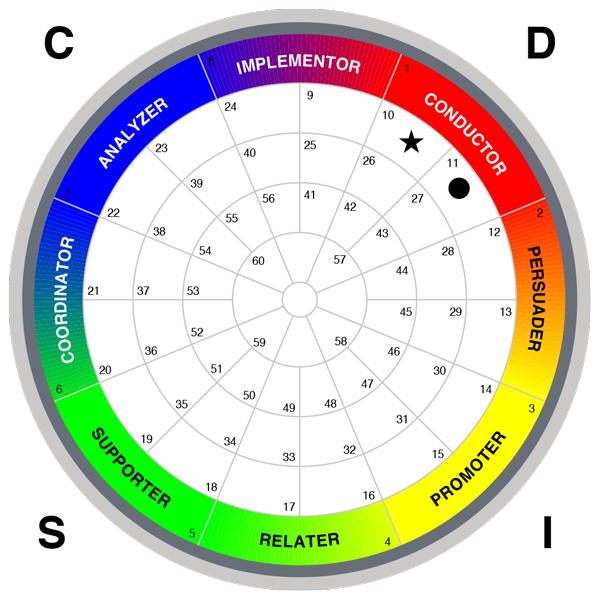
Driving Forces reveals what motivates and engages an individual in work and life. At the core of 12 Driving Forces are six motivators, based on Eduard Spranger’s esteemed research from 1928. Backed by decades of research, this assessment reveals 12 Driving Forces™ that uniquely define what sparks movement and ambition in each of us.
Just as our behavioral (or DISC) assessments help tell us how people behave and perform in a work environment, our 12 Driving Forces™ assessment reveals why they do what they do and what impacts their decision-making.
Our assessments measuring 12 Driving Forces examine the relative prominence of the following:
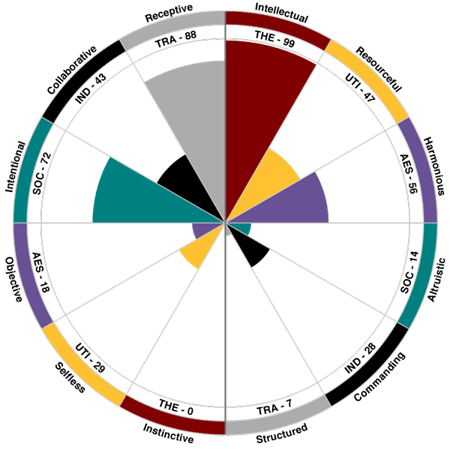
With Competencies, we measure 25 research-based personal skills that directly apply to the business environment. Used in conjunction with a job benchmark, Competencies ensure the capabilities of each individual match the soft skills required by the job.
Research at TTI Success Insights has shown that, for many jobs, personal skills (or soft skills) are just as essential as technical skills in producing superior performance. Personal skills are often transferable to different positions, whereas technical skills are usually more specific.
Our assessments measuring Competencies uncover the level of development of 25 unique personal skills, ranking them from the most developed skill to the one requiring the most development.
While not every job requires the development of all 25 Competencies, we examine the following personal skills:
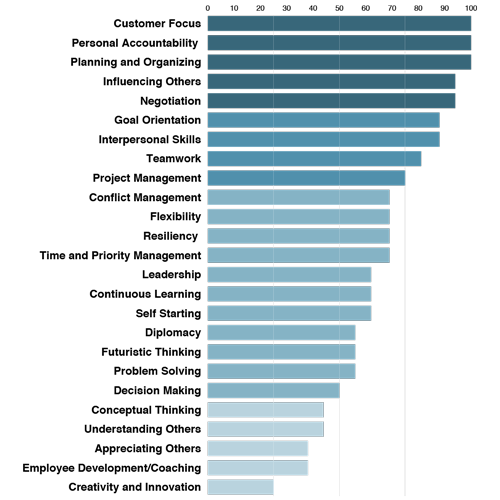
Emotional Intelligence is a person’s ability to sense, understand, and effectively apply the power and acumen of emotions to promote high levels of collaboration and productivity.
Our research reveals that successful leaders and top performers have well developed EQ skills. This allows them to work well with people that have different personality profiles and respond effectively to the constantly changing business landscape.
EQ examines five key areas pertaining to intrapersonal and interpersonal relations:
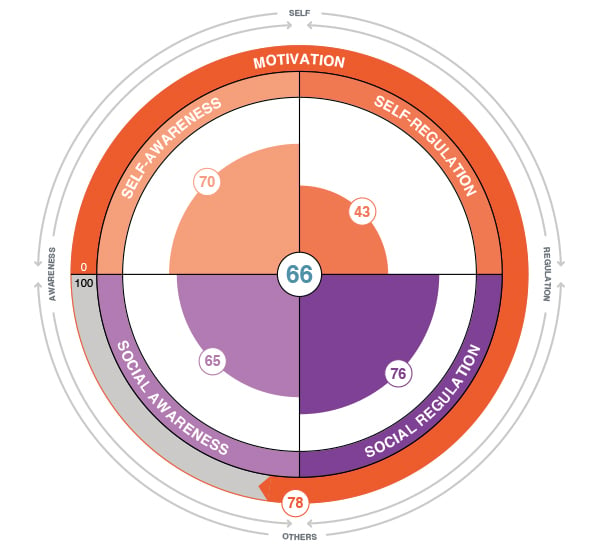
We assess Acumen using three dimensions of thought, analyzing both world and self-views:
Acumen, or a person’s keenness and depth of perception, will demonstrate how a person thinks. Our Acumen indicators are a lens that people use to filter information: do they process events from a people angle, a task angle, or a system angle?
A person’s Acumen, or their clarity or understanding of a situation, could be directly related to their performance. Our assessments measuring Acumen examine the six dimensions:
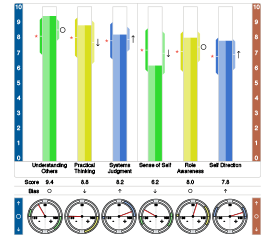

Our assessment partner is TTI Success Insights. TTI has been a global leader in reliability and accuracy with their assessments since 1984. Rigorous data analysis by their internal research teams and independent statisticians has enabled them to build credible assessment tools that integrate into the most modern and effective methods in the marketplace.